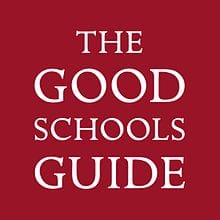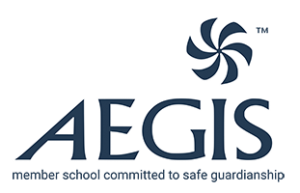-
Cambridge First Certificate in English [FCE]
-
Cambridge Advanced in English [CAE]
-
Cambridge Proficiency in English [CPE]
-
International English Language Testing System [IELTS]
The EAL Department is about so much more than helping with language aquisition. It is also important to ensure that overseas pupils settle down happily within their new environment and to help them with any initial learning difficulties, culture shock and possible homesickness. For pupils who are far from home it is essential that we do all we can to promote their spiritual, moral, social and cultural development and we achieve this through tuition on a one-to-one or very small group basis with each pupil’s needs individually assessed. We provide a teaching programme of English Language support to enable pupils to work effectively towards their GCSE or A-level examinations and we prepare them for EAL examinations such as Cambridge English: First (FCE); the Cambridge English: Advanced (CAE); the Cambridge English: Proficiency (CPE); and the International English Language Testing System (IELTS) examination.
Years 7 – 9
Overseas pupils will study EAL as one of their subjects. This is usually instead of a modern language (French or Spanish), depending on their language ability and EAL requirements, or will be instead of another subject. EAL lessons range between one and four lessons weekly; an English skills analysis on entry to the school will determine their needs.
Years 10 – 11
Overseas pupils will study EAL as one of their four options, which would normally be timetabled as three lessons per week. We endeavour to carry out a range of topic-related projects on themes, which will complement their academic studies and broaden their cultural and social experience in English.
Lower Sixth Form and Upper Sixth Form
Experience has shown that pupils benefit from extra EAL lessons in the Sixth Form. Consequently, in the Lower Sixth, they have two compulsory lessons weekly, either on a one-to-one basis or shared in very small groups, as part of their timetable; this will revert to one lesson weekly in the Upper Sixth. This helps to maximize their achievement at A Level, gain one of the Cambridge University TESOL exams and ensure the attainment of university requirements in English, such as IELTS, for British universities.
Examinations
Pupils in Years 7 to 9 take an internal EAL exam, alongside other mainstream subject exams.
Pupils in Year 10 and 11 take GCSE English and one of the Cambridge ESOL exams.
Sixth Form pupils take one of the Cambridge ESOL exams and if needed, the IELTS exam; an obligatory requirement if they are intending to go to a British university.
All the Cambridge University ESOL examinations are internationally recognised, prestigious awards and a credit to any pupil when returning to their own country.










